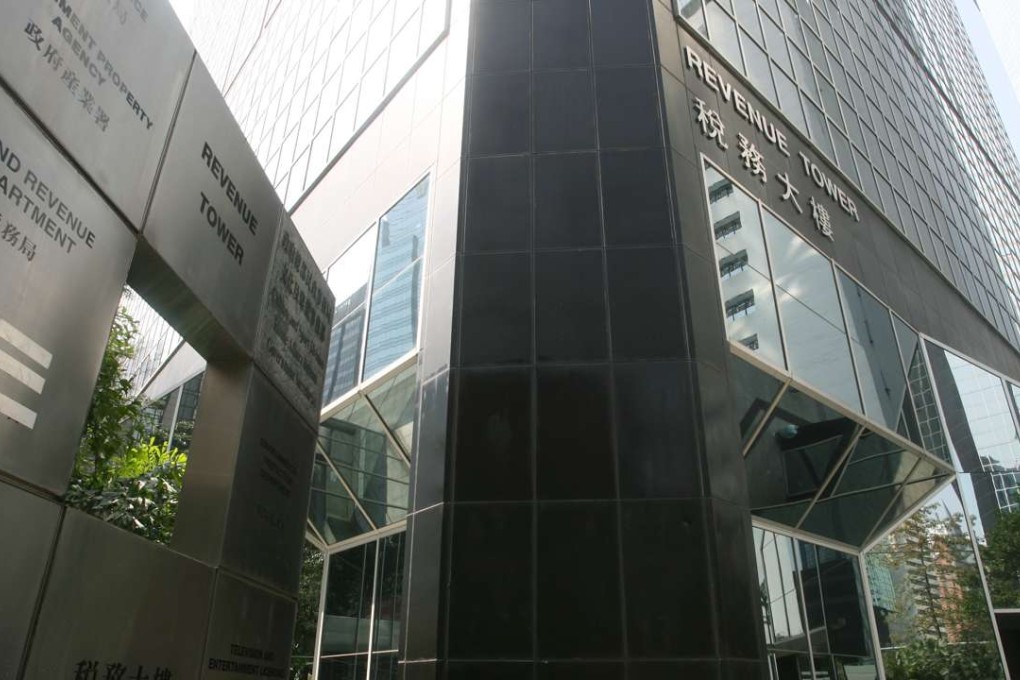
With the arrival of the new year, don’t be surprised if your bank asks for information about yourself and your accounts that you didn’t have to provide before.
These questions signal an important development as banks in Hong Kong and around the world prepare to share certain information with tax authorities. This move towards the automatic exchange of information, or AEOI, based on the Common Reporting Standard released by the Organisation for Economic Co-operation and Development (OECD) in July 2014, reflects a global commitment undertaken by governments in more than a hundred jurisdictions to promote tax transparency and fight cross-border tax evasion.
Under AEOI, banks and other financial service providers are responsible for collecting particular information about their customers. If customers are identified to be tax residents of jurisdictions with which Hong Kong has entered into certain international agreements, information on these customers is shared with local tax authorities and then passed on to the relevant overseas tax authorities automatically and on an annual basis.
Various efforts to promote this sort of tax information exchange internationally have been underway for decades. The movement picked up steam after the 2008 global financial crisis, and especially after US lawmakers passed the Foreign Account Tax Compliance Act, or FATCA, in 2010. Under FATCA, banks around the world are required to provide information relevant to US persons on an annual basis in order to facilitate the enforcement of US tax laws. In 2014, the OECD together with G20 countries approved the Standard for Automatic Exchange of Financial Account Information (or commonly known as the Common Reporting Standard), paving the way for AEOI to go global.
Hong Kong is expected to begin exchanging information with selected jurisdictions by the end of 2018
Given Hong Kong’s status as a global financial centre, the Hong Kong government has committed to AEOI along with many other jurisdictions, including the UK, mainland China, Japan, Australia, Singapore and Switzerland, to name a few. Hong Kong’s Legislative Council passed an amendment to the Inland Revenue Ordinance last June, providing the necessary legal framework for Hong Kong to implement AEOI.
Hong Kong is expected to begin exchanging information with selected jurisdictions by the end of 2018. Currently, the list of reportable jurisdictions includes just two countries, namely Japan and the UK, and confirmation for both is still pending approval from the Legislative Council through a negative vetting process. However, the list is expected to grow in time.